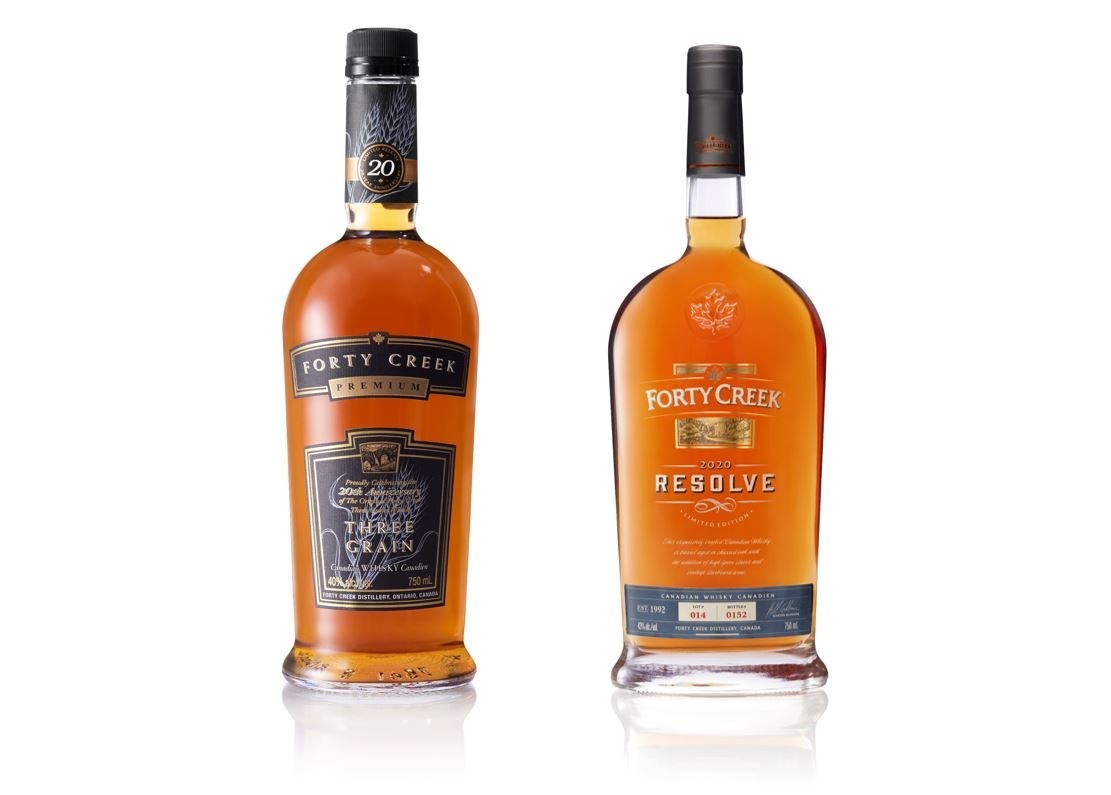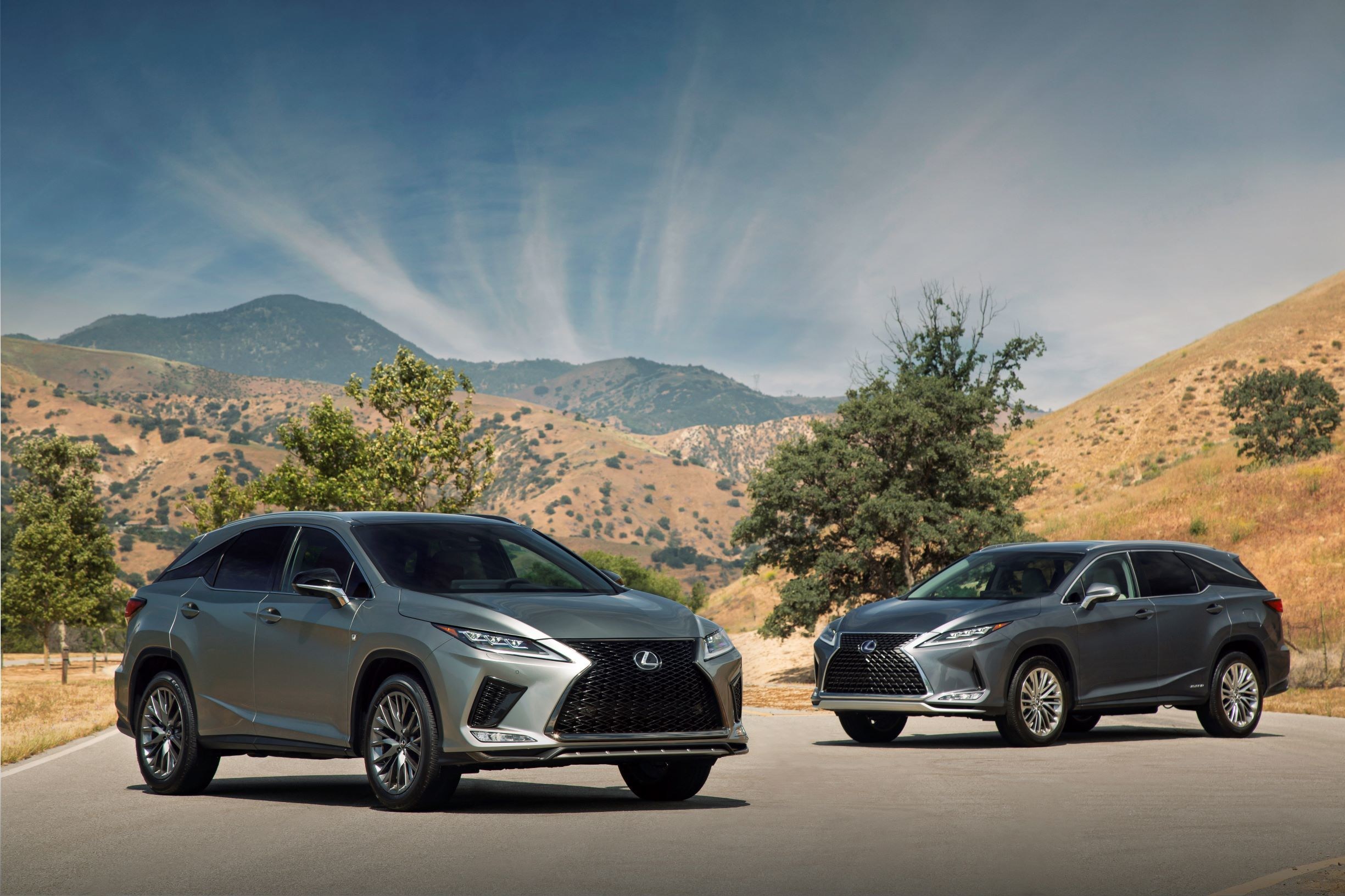Secured and Unsecured Loans- Which Are Better?

There are many moments in life that you might need to take out a loan for finances. Whether you need to finance further studies or looking to buy a home, there are many different loans that you can get, suited to you. If this is the first loan you are looking to get, don’t worry! Borrowing money is very common and you don’t need to study finance to understand how they work. Here, you can learn more about the different types of loans available and this should help you to make more of an informed decision when it comes to applying for one.

Though they may come in many different forms, they tend to fall into two categories: secured and unsecured loans. Your credit score can be very influential in deciding to approve you for either type of loan, so it is crucial that you keep an eye on it whilst applying for loans. Your credit score depends on how risky it is to loan you money, so if your credit score is high then they see you as low risk and are more likely to accept your loan application.
There are many differences between secured and unsecured loans. The main difference, though, would be the use of collateral, which is something that holds some type of economic value which is used as security in case the debt is not repaid. Each one comes with its advantages and disadvantages and some may be more suited to you than others:
Secured Loans
Secured loans are loans that do require collateral in case you don’t repay your debt. The collateral, which could be a car for example. If the debt isn’t paid, then the collateral is taken by the lender. In addition to this, they can file negative information on a credit report and even sue you if the outstanding debt is not paid. This means that secured loans are riskier for the borrower than the lender.
The most common use of secured loans is for expensive purchases such as a mortgage. Another example would be a home equity loan.
Secured loans, broken down:
For lenders:
- Usually less risky
- They can take the collateral if required
- Until your loan is repaid, they can potentially hold the title to your property
For borrowers:
- Collateral usually required
- Riskier than unsecured
- Higher borrowing limits
- If your credit history is low or poor, loans are easier to obtain than unsecured
- Down payment may be required
- Lower interest rates
- Longer repayment period
Unsecured Loans
Unlike secured loans, unsecured loans don’t require collateral to be approved. This loan is mainly based on credit score and income, so lenders tend to look for higher credit scores before accepting applications. This loan is a lot less risky for borrowers, as they aren’t required to put any collateral on the line as security. The lender, if the debt is not repaid, has to go through other means to make sure they receive sufficient payment, such as suing. The characteristics of an unsecured loan, due to it being riskier for lenders, may include lower borrowing limits and higher interest rates.
Unsecured loans, broken down:
For lenders:
- Usually riskier
- Can’t immediately take the property if you default
For borrowers:
- No need for collateral
- Usually less risky
- Stricter and more difficult to qualify
- Lower borrowing limits
- Credit and income are criteria for qualifying for the loan
- Higher interest rates
A popular type of unsecured loan would be unsecured personal loans, though there are many more types of unsecured loans you could apply for (for example student loans, medical debt, and credit cards). Business loans can also sometimes be unsecured.
Which One Is Best?
After covering both the advantages and the disadvantages of both secured and unsecured loans, you might want to know which one is best for certain purposes. There are situations where one would be better suited than the other.
A secured loan may be most useful to you if you intend on making a large purchase, such as property, or if you don’t have a very good credit score. Secured loans with collateral make it easier for people with low credit scores to access the money that they need for such large purchases. If you don’t already own another property, the one you are purchasing (or planning to purchase) can be used as collateral. Secured loans can also be best due to the lower interest rates that come with the requirement of collateral.
As for unsecured loans, these might be better if your credit score is higher, as well as for when you have a steady income. Having a higher credit score could potentially help you get better interest rates, though for the most part unsecured loans involve higher interest rates, as there is a higher risk for lenders.
No matter which one you choose, hopefully, you will now be more informed about which loan would suit you and your intended purchase best.




